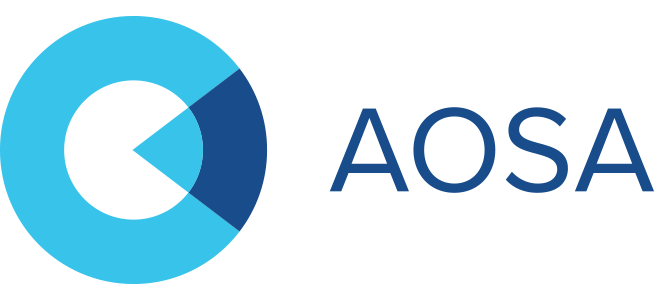‘Tis the season for studying here at the University of Houston College of Optometry. The third years are busy with boards, the second years are tackling pharm, and the first years are just now realizing what they have gotten themselves into.
As a third year myself, it has been a time of reflection; as I began studying for boards, I realized that there was a lot of information that I had “learned” in my classes, but never retained. Then the big realization hit: I had been cramming for tests my entire academic career.
So, as a reasonable person in a state of reflection, I mass-emailed the entire student body of first, second, and third years asking for some advice on studying. It was disguised as a survey of study methods, saying it was for an article I was writing, but the real reason for sending out the survey may have been two-fold.
Everyone, of course, is different when it comes to learning styles. It’s best to know yourself and your own preferences. Unfortunately, I had no time for that. What I needed was DATA and I needed it quickly.
Here are the findings (n=151 unless otherwise stated): First, I should say that the classes were almost equally represented. If you really want to extrapolate, it means that I have only a slight skepticism for the current first years.

People overwhelmingly thought that the best study method was writing and re-reading notes.

Many people are happy with their methods for studying, but a good amount are not. Interestingly, the OPT IIIs were proportionally the least likely to be happy with how they study.

Most people had to change their style of studying for optometry school.

Finally, I asked for some thoughts if anyone was willing to share. Zebin Dholasaniya, a second year, gave some practical advice by saying that tables allow him to visualize relationships between related or opposing concepts and that color-coding material surprisingly makes recollection of material easier. Some other interesting study methods people reported included teaching others the material, walking around while talking through the material, and spaced recall.
Brandon Le, another second year said that “[everyone] has different methods. Not one thing works for everyone. It’s important to realize that especially when giving advice; you don’t want to project your own experience onto someone else as gospel. What works for me might not work for others; everyone learns differently and it’s ultimately up to that individual to figure out what works best for her or him.”
As much as I hate to take someone’s advice about giving advice, I had to agree with him. There’s only so much that data can do, but if anything, it’s a place to start. From this I have started to incorporate more study methods to see what works for me. This was also a good reminder that as challenging as school can be, reaching out to classmates who are going through the same struggles can help.


